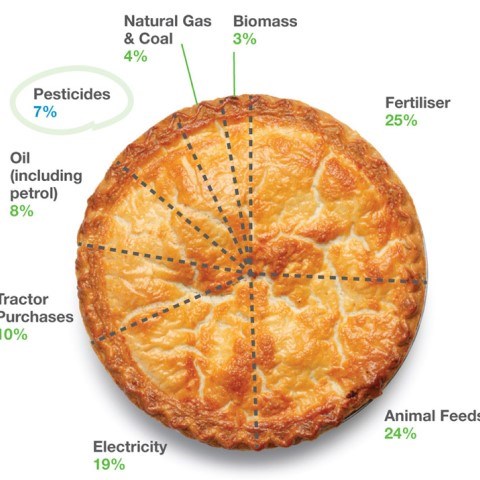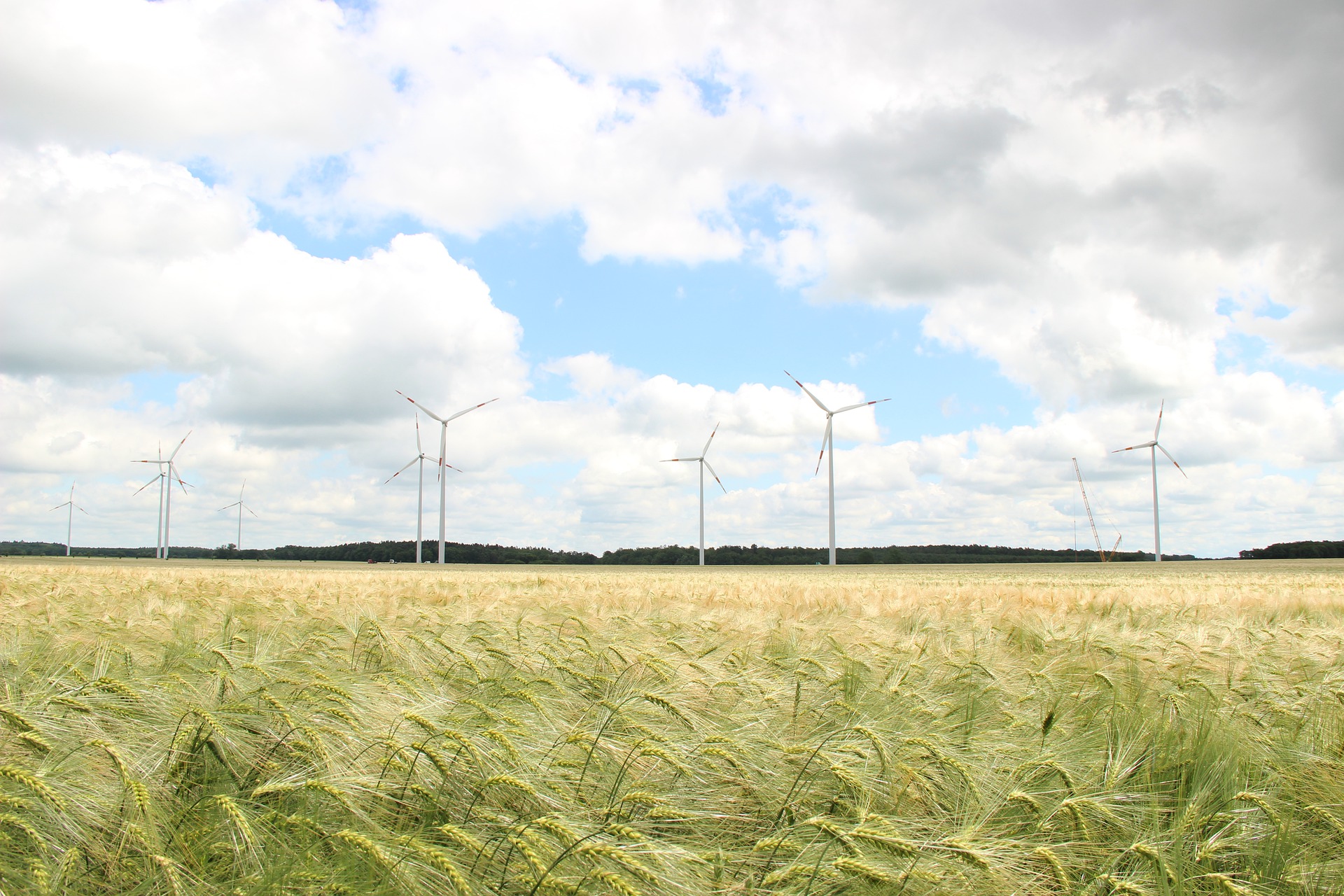Crop Protection
A Cranfield University study into the contribution of crop protection to greenhouse gas emissions concluded that for one kilo of CO2 equivalent invested in the manufacture and use of pesticides, at least 10kg of CO2 is removed from the atmosphere as a result of yield increases attributed to that pesticide use.
A further benefit of crop protection is that it enables as little land as possible to be used to produce the food we need. This is hugely important from a climate perspective as bringing new land into agricultural production produces large quantities of greenhouse gases such as CO2 and nitrous oxide, and allows more land to be available for environmental and amenity use.

